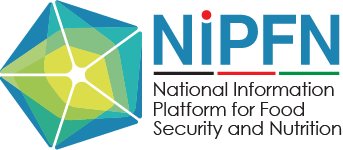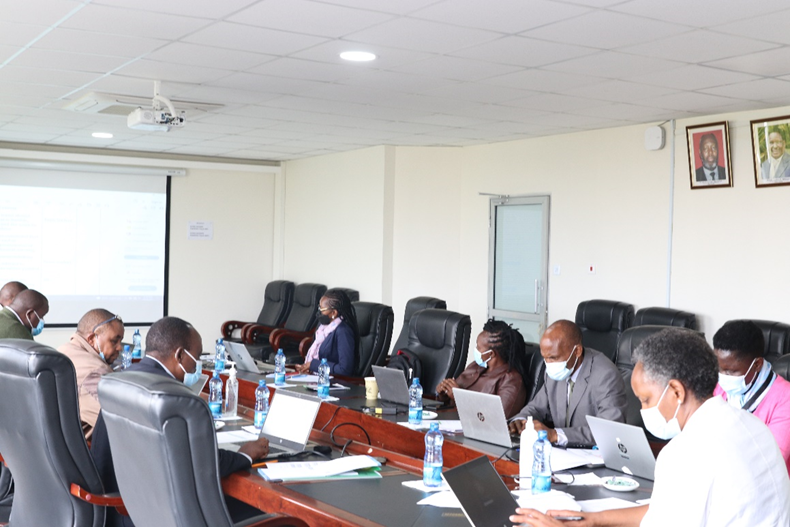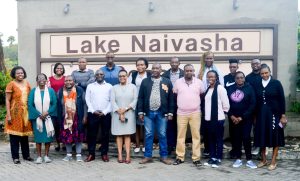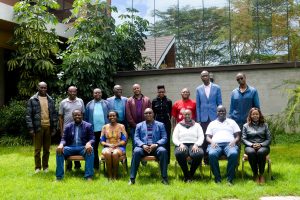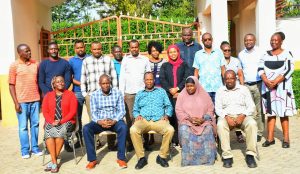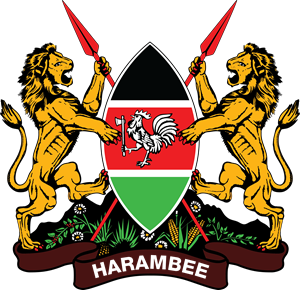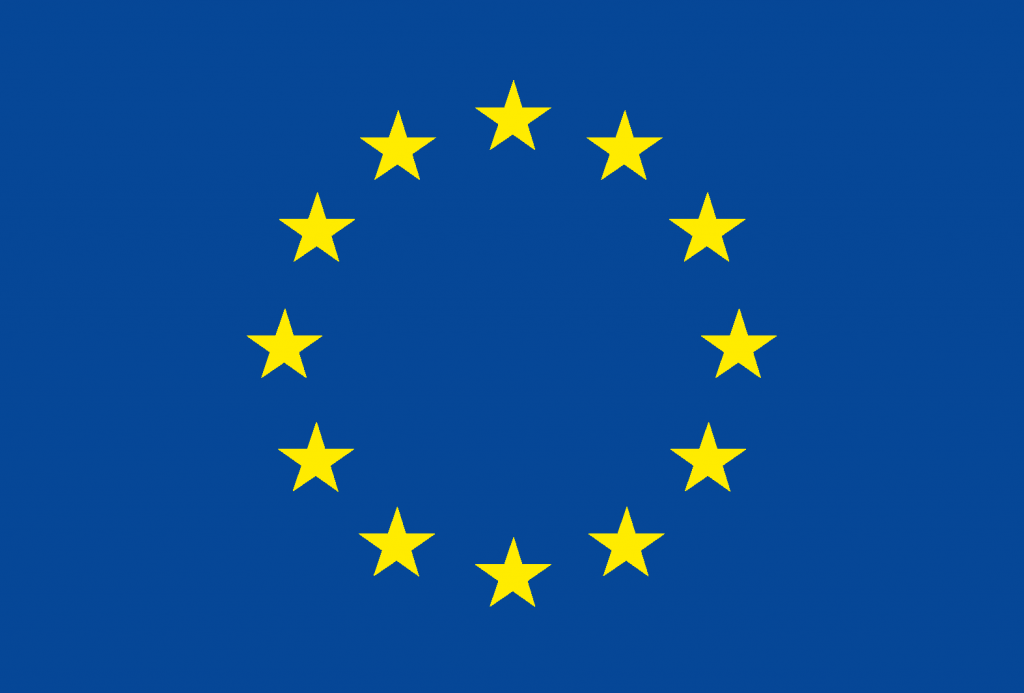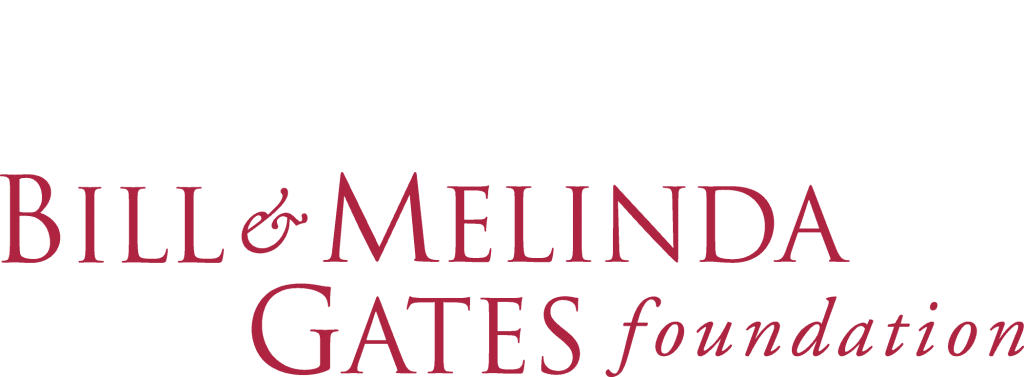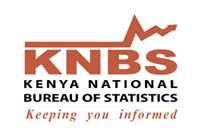National Information Platform for Food Security and Nutrition (NIPFN) is European Union funded project implemented by the Kenya National Bureau of Statistics (KNBS) and Kenya Institute for Public Policy Research and Analysis (KIPPRA). The two are state agencies in The National Treasury. The NIPFN, which is the platform developed will be a repository for nutrition data and will facilitate analysis of existing data from all sectors to support development of evidence based policies and programmes to improve human nutrition. The question formulation is a key pillar in initiating dialogue among nutrition actors based on the NIPFN approach of the question -analysis -communication of findings to inform nutrition interventions and policy. In Kenya, the process has been spearheaded by Kenya Institute for Public Policy Research and Analysis (KIPPRA) whose mandate is to give public policy advisory and technical services on public policy to government and other agencies of government. The Kenya National Bureau of Statistics leads the analysis of data and the two institutions work in collaboration to generate outputs to inform nutrition interventions and policies. KIPPRA serve as a point of communication on public policy perspectives to ensure investments give optimum returns for improved service delivery.
The project has not been spared from the effects of the covid-19 pandemic that partly delayed implementation of project activities. Limitation on international travel and holding of physical meetings affected planned trainings and the project staff attended virtual trainings. Based on capacities built through webinars by the GSF and currently Capacity for Nutrition (C4N) and the expertise in the implementing institute, the technical staff were able to guide the policy question dialogues among stakeholders and nutrition actors. A series of engagement of stakeholders through workshops and retreats ensured consensus building and ownership of the question process and picking of issues that were outstanding as priority for generation of evidence to inform nutrition policy and interventions.
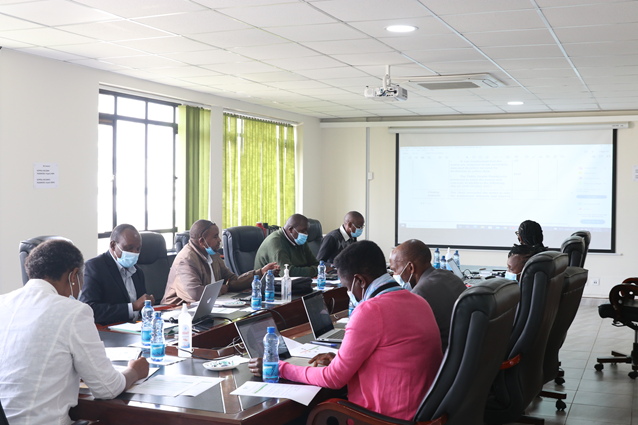
Preliminary to the question formulation process was studying the nutrition environment with an understanding of policy landscape on food security and nutrition. KIPPRA developed a framework that was used in the review of policies on food security and nutrition and the use of evidence in improving human nutrition in Kenya. The framework borrowed from themes in the overarching multi-sector policy framework on nutrition -National Food and Nutrition Security Policy that guides multisector actions for all agencies with a role in nutrition.
NIPFN prioritised these sectors with a role in nutrition in the first cycle of policy questions formulation that include Ministries of The National Treasury, State Department of Planning; Health; Education; Water & Sanitation and Irrigation; Labour and Social Protection; and Agriculture, Livestock, Fisheries and Cooperatives (MALFC). The sectors came up with questions that were deliberated on with the objective of analysing them to inform policy.
Further engagement by the sectors in a workshop considered sector policy questions and placed them on thematic areas of food production and availability; access to food; food safety standards and quality control; nutrition awareness, promotion, improvement and environment; vulnerable groups; and coordination. The consideration on types of data that would be required in answering the questions were of priority. Education ministry focus was school feeding while in Labour and Social Protection focus was on nutrition improvement through cash and health education. Health considered the lifecycle approach to nutrition needs of life cohorts, advocacy communication and social mobilization, clinical nutrition and dietetics, multi-sectoral nutrition governance, financing and investments for nutrition, and nutrition impacts at population. Agriculture sector considered food production, access and consumption community interventions, technology and infrastructure, institutions effectiveness, review of agricultural programmes. The water sector reviewed water programmes. The research questions were discussed examining the linkage to focus areas in the strategies and action plans, the impact pathways of the interventions, target groups and the stakeholders that are key for the process. Alignment of programmes and interventions with policy themes were also considered.
